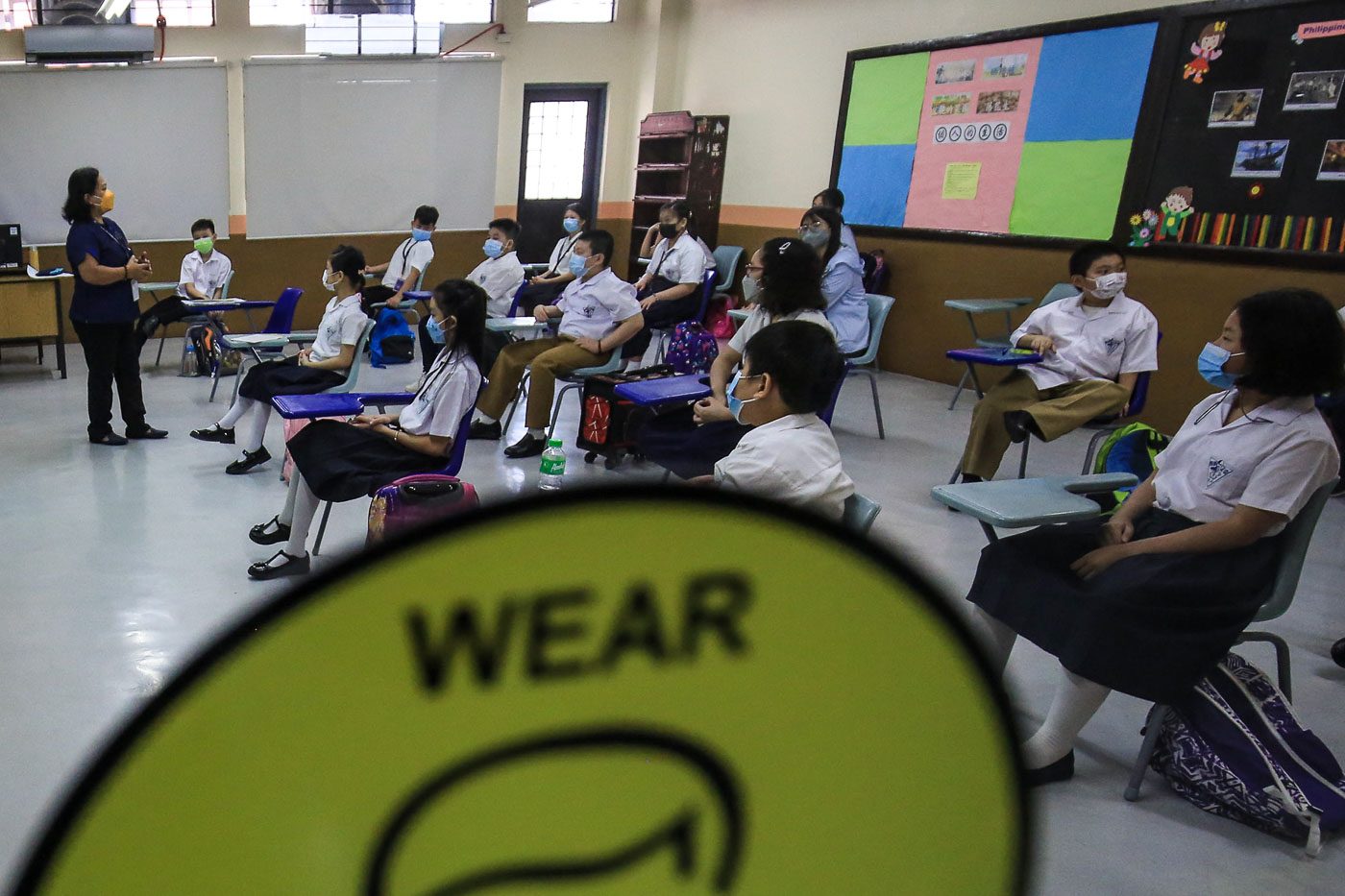SUMMARY
This is AI generated summarization, which may have errors. For context, always refer to the full article.

Trigger warning: Suicide
MANILA, Philippines – Some congresswomen expressed disappointment in government agencies’ lack of a concrete and unified plan for implementing the five-year-old mental health law that seeks to provide better services to the public.
Amid rising suicide cases among school children, the House committee on the welfare of children on Monday, February 20, called for a briefing by representatives of agencies in charge of implementing Republic Act 11036 or the Mental Health Act, which became law in 2018.
“Nakaka-disappoint walang konkretong plano dito,” Marikina 2nd District Representative Stella Quimbo said after the Department of Health (DOH) reported on its programs. (It’s disappointing that there is no concrete plan here.)
The Department of Education (DepEd) reported that there were 404 student suicides in school year 2021-2022, with 2,147 attempts within that same period. Those were equivalent to an average of 40 suicides and 214 attempts per month over 10 months.
Quimbo grilled the representatives of agencies who attended the briefing for not having a unified plan to provide school children better access to mental healthcare.
“Fragmented ang efforts ng mga agencies,” Quimbo said. (Agencies’ efforts are fragmented.)
She was referring to the Philippine Council for Mental Health (PCMH), a multi-agency council created by the mental health law.

Other members of the council include representatives from the Department of the Interior and Local Government (DILG), Commission on Higher Education (CHED), Department of Labor and Employment (DOLE), DepEd, Commission on Human Rights, and a nongovernmental organization representative, a member of the academe, and a healthcare professional sector representative.
The council also has resource persons from the Department of Social Welfare and Development (DSWD) and the National Council for Mental Health (NCMH).
Each of these agencies presented separate programs and actions they were taking to address mental health concerns, but did not present a unified plan.
According to Dr. Razel Nikka Hao, director of the DOH’s Disease Prevention and Control Bureau, the council meets every quarter to discuss its mental health programs.
Gabriela Representative Arlene Brosas also questioned the slow progress of the NCMH, as it had been five years since it was created.
“We’re in the beginning stages of implementation. Tool kits, play books, have been developed and cascaded. We’re piloting some of these changes in the program, to have more tangible outputs in succeeding hearings,” said Hao.
“Every LGU or academic institution needs its own program for mental health services. What is the status of the effort in the LGUs and academic institutions? Yes, there are apps, but there’s supposed to be tangible actions or programs to [accompany] what was cascaded to the LGUs,” Brosasa said in Filipino.
According to the Children’s Welfare Council, among young people between the ages of 5 and 15, 10% to 15% have mental health problems.
According to the results of the University of the Philippines’ Population Institute’s YAFS5 (Young Adult Fertility and Sexuality) study in 2021, at least one in five students have attempted to take their own lives.
The review of the mental health law comes a week after a Senate panel reviewed the 2013 Anti-Bullying Act after studies showed a rise in bullying in Philippine schools over the past decade. – Rappler.com
The Department of Health, through the National Center for Mental Health, has a national crisis hotline to assist people with mental health concerns. The hotline can be reached at 1553, which is a Luzon-wide, toll-freelandline number, 0917-899-8727 and 0966-351-4518 for Globe and TM subscribers, and 0908-639-2672 for Smart and Sun subscribers.
Add a comment
How does this make you feel?

There are no comments yet. Add your comment to start the conversation.